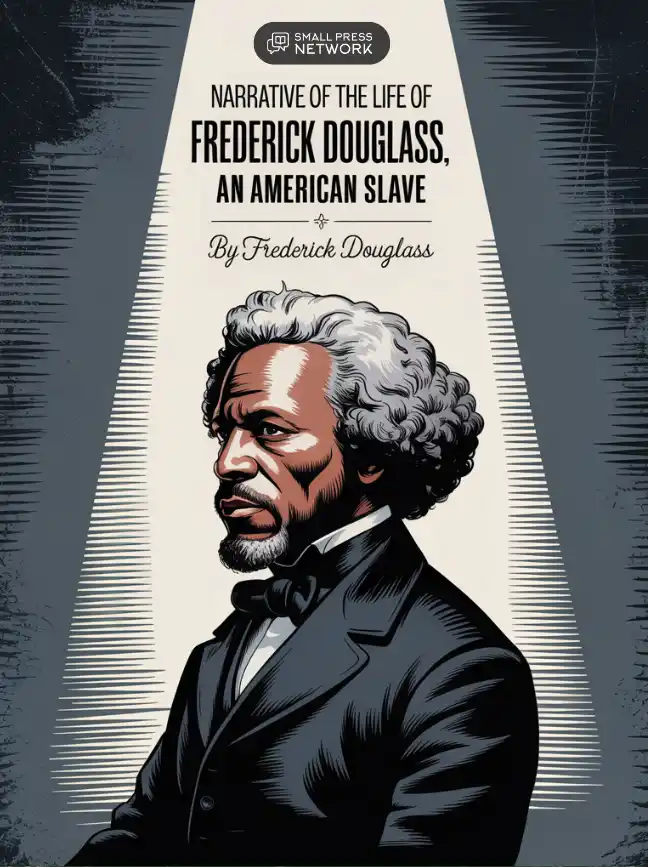Thus Spoke Zarathustra is a philosophical novel by Friedrich Nietzsche that presents his bold ideas about morality, individuality, and the human condition through the fictional teachings of a prophet named Zarathustra. After spending years in solitude, Zarathustra descends from the mountains to share his wisdom with humanity. He preaches the concept of the Übermensch (or “Overman”), an evolved individual who transcends conventional morality and creates his own values. Central to his message is the rejection of religious dogma, especially Christianity, and the declaration that “God is dead,” symbolizing the decline of traditional belief systems in modern society.
Nietzsche uses poetic language, parables, and allegory to explore deep philosophical ideas such as eternal recurrence, the will to power, and the struggle for self-overcoming. Rather than offering clear-cut answers, the novel challenges readers to think critically and question societal norms. Thus Spoke Zarathustra is not just a philosophical work but also a literary masterpiece that combines mythic tone with radical thought. It remains one of Nietzsche’s most influential and enigmatic texts, inspiring generations of thinkers, artists, and revolutionaries to seek meaning beyond conventional truths.







